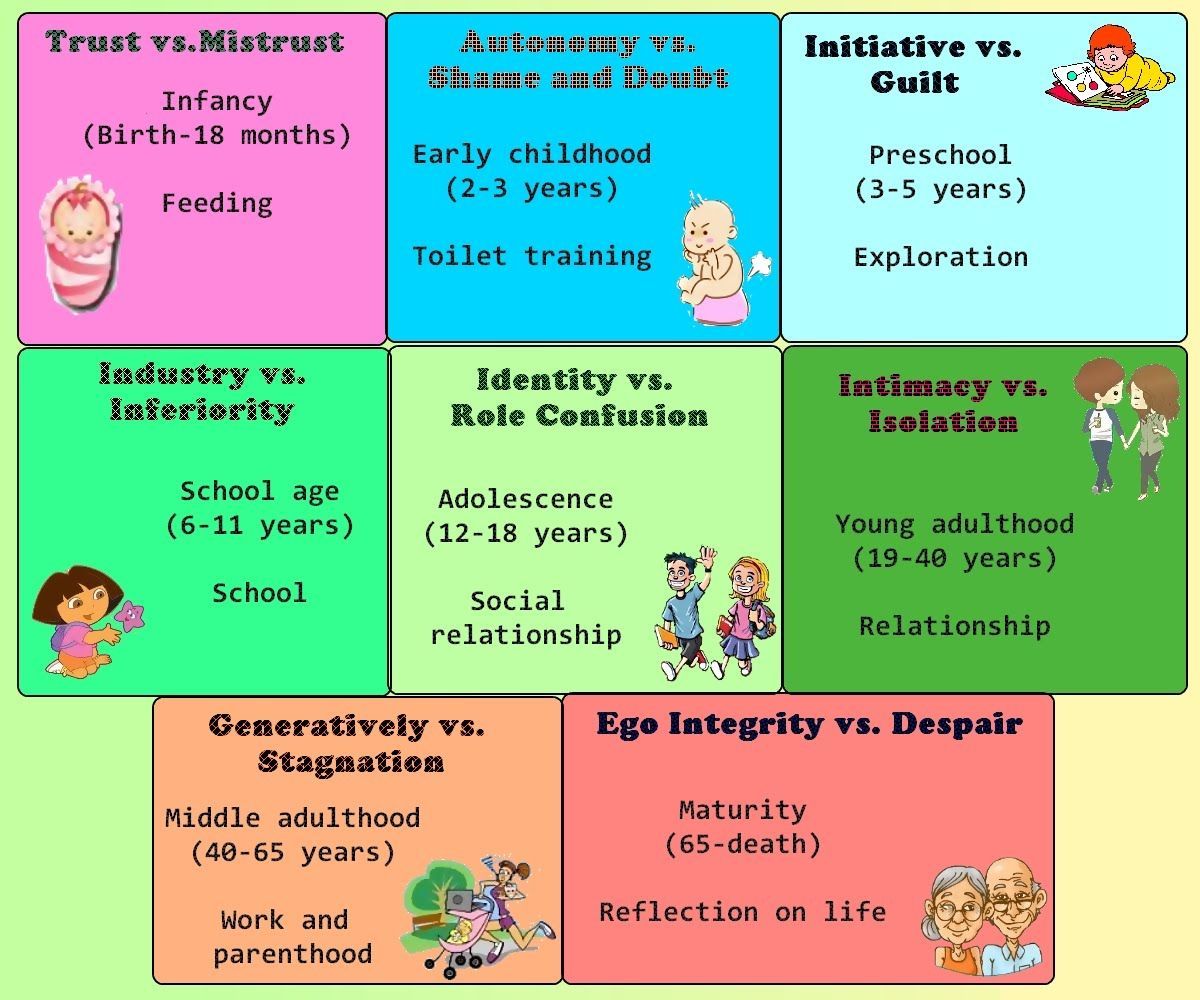Child growth and development refers to the biological, psychological, and emotional changes that occur in children as they grow older. It is a complex and fascinating process that influences all aspects of a child’s life. By understanding the various stages of child development, parents, educators, and caregivers can provide the necessary support and guidance to help children reach their full potential.
Physical Development
Physical development encompasses the changes in a child’s body size, motor skills, and coordination. During infancy, babies rapidly grow in height and weight. They go from being immobile to rolling over, crawling, walking, and eventually running. Fine motor skills such as grasping objects and using utensils also develop over time. It is important to provide a safe and stimulating environment that encourages physical activity and promotes the development of gross and fine motor skills.
Cognitive Development
Cognitive development refers to the intellectual abilities and thought processes of a child. In the early years, children’s thinking is primarily concrete and focused on their immediate experiences. As they grow older, their thinking becomes more abstract and they gain the ability to reason, solve problems, and think critically. Stimulating a child’s curiosity, providing opportunities for exploration and problem-solving, and engaging in age-appropriate activities are key in fostering cognitive development.
Social and Emotional Development
Social and emotional development involves a child’s ability to understand and express emotions, establish relationships, and develop a sense of self. Infants and young children rely on their caregivers for emotional support and learn to trust and form attachments. As they enter preschool and elementary school, children begin to navigate social interactions with peers, learn empathy, and develop a sense of identity. Providing a nurturing and supportive environment that encourages emotional expression and fosters positive social interactions is crucial for healthy social and emotional development.
Language and Communication Development
Language and communication development involves a child’s acquisition of spoken and written language skills. From babbling and cooing in infancy, children progress to uttering their first words, constructing sentences, and engaging in conversations. Reading books, engaging in meaningful conversations, and exposing children to a rich language environment are all important in promoting language development. Additionally, technology tools such as educational apps and audio stories can also support language and communication skills.
Moral and Ethical Development
Moral and ethical development refers to a child’s understanding of right and wrong, their values, and their ability to make ethical decisions. Children acquire moral principles from their interactions with parents, caregivers, and society. Teaching empathy, modeling ethical behavior, and engaging children in discussions about values and ethics are ways to support their moral development. It is important to provide children with opportunities to reflect on their actions and develop a strong moral compass.
Understanding child growth and development is vital for parents, educators, and caregivers. By recognizing and supporting the various aspects of a child’s development, we can create an environment that nurtures their physical, cognitive, social, emotional, language, and moral growth. Every child is unique, and it is our responsibility to provide the best possible foundation for their development as they journey towards adulthood. Written by: [Your Name]

